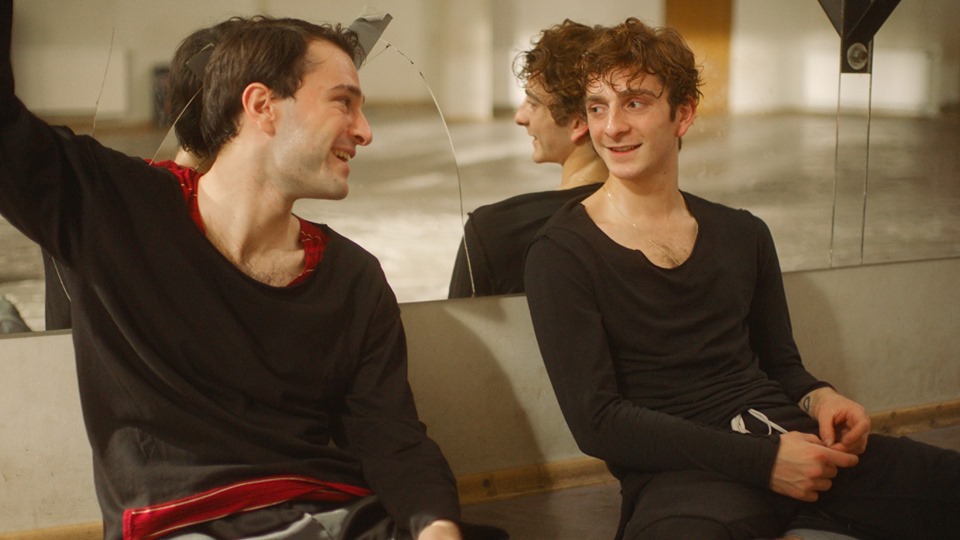
- Golden Globe Awards
And Then We Danced (Sweden, Georgia, France)
“There is no sexuality in Georgian dance,” says Aleko (Kakha Goidze), teacher of a touring dancing company. That doesn’t sit well with Merab (Levan Gelbakhiani) a young dancer who has been training from an early age at the National Georgian Ensemble. His world suddenly changes with the arrival of the charismatic and carefree Irakli (Bachi Valishvili), who becomes both his strongest rival and the object of his desire. In this conservative setting, Merab finds himself having to break free and risk it all. “We couldn’t be open about what the movie was about; we had to make up stories. It is legal to be gay in Georgia and there is protection on an official level,” explained director Levan Akin at the Cannes Film Festival where he premiered this film about a young man’s sexual awakening in the Director’s Fortnight section. Akin’s 2011 debut film, Certain People, was screened at the Tribeca Film Festival, and his follow-up, The Circle, produced by Benny Anderson of ABBA, opened the Berlin Festival in 2015. His third feature film, And Then We Danced, is his first shot in the Georgian language.Akin (Swedish-born of Georgian descent) and his team had to be scrappy while shooting in the capital, Tbilisi. “The Georgian government is ‘pro-West’, with financial support from the European Union and everything, but they didn’t help us at all. In fact, we shot this as a guerrilla film, said the filmmaker, adding: “There were rumors about the subject matter, and we received lots of threats, so we decided to hire bodyguards. If they had known what we were filming, they would have attacked us. We were like this ragtag group of people running around. It was pretty tough in that sense. But we got it and it was gratifying.”The writer/director was inspired by seeing images of Georgia’s first LGTB pride parade in Tbilisi, in 2013, which was attacked by a counter parade organized by the Georgian’s orthodox church, (supposedly supported by Russia) and some far rightwing groups. “Those images were really terrible, they looked like a Zombie movie,” recalls Akin, who considers himself a sensitive soul and a committed vegan who even feels bad about flying to all the festivals’ locations where the film has been shown, due to fossil fuels. “I feel that my work must be more than just something I’m passionate about. When it takes you four years to make a movie, you have to contribute something. I do know something about Georgia. I did this film because of that.”For Akin, the response to the film’s subject matter has been both positive and negative. Overall, he says, there is a switch “to a more warm and positive dialogue-style conversation. There is a vocal young progressive group trying to move this issue forward.”

